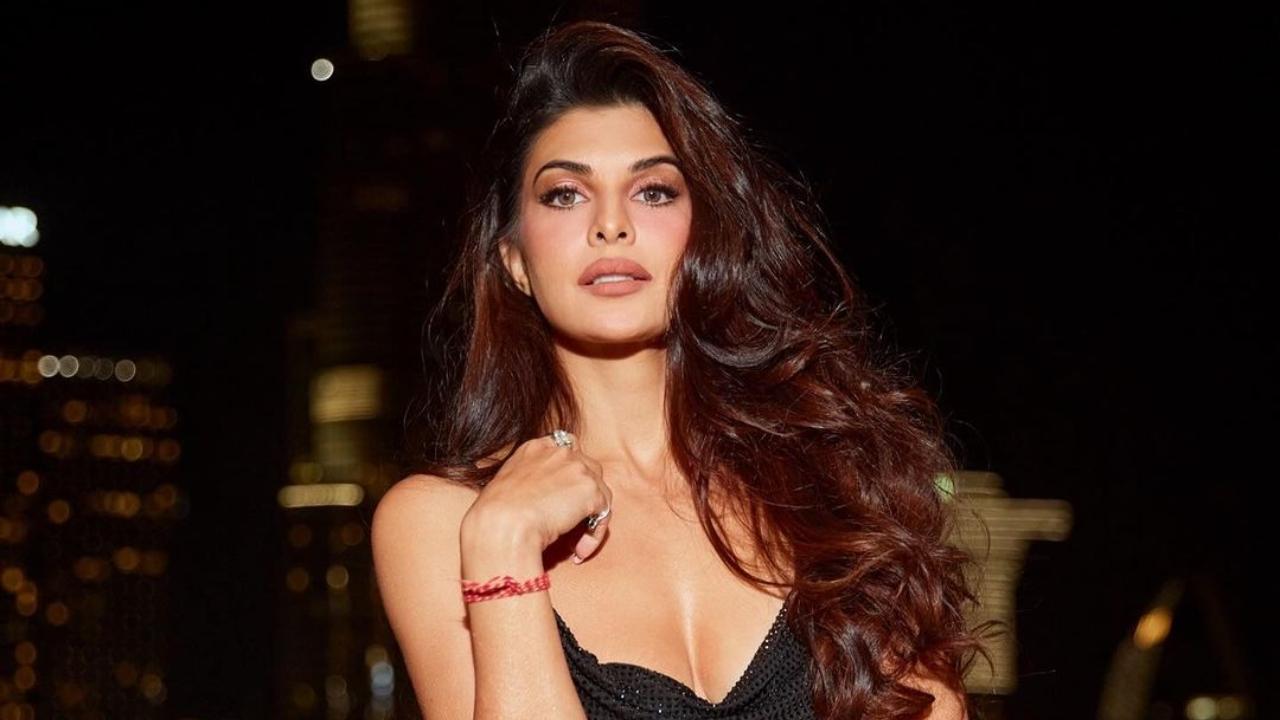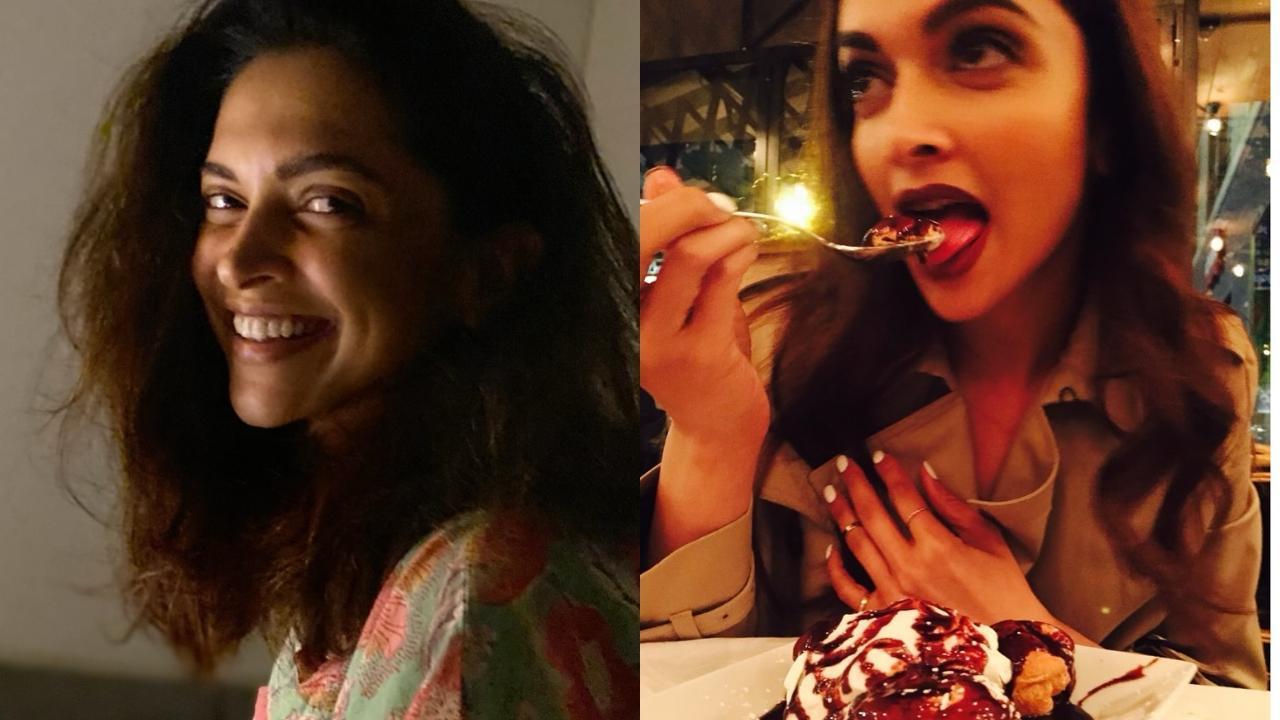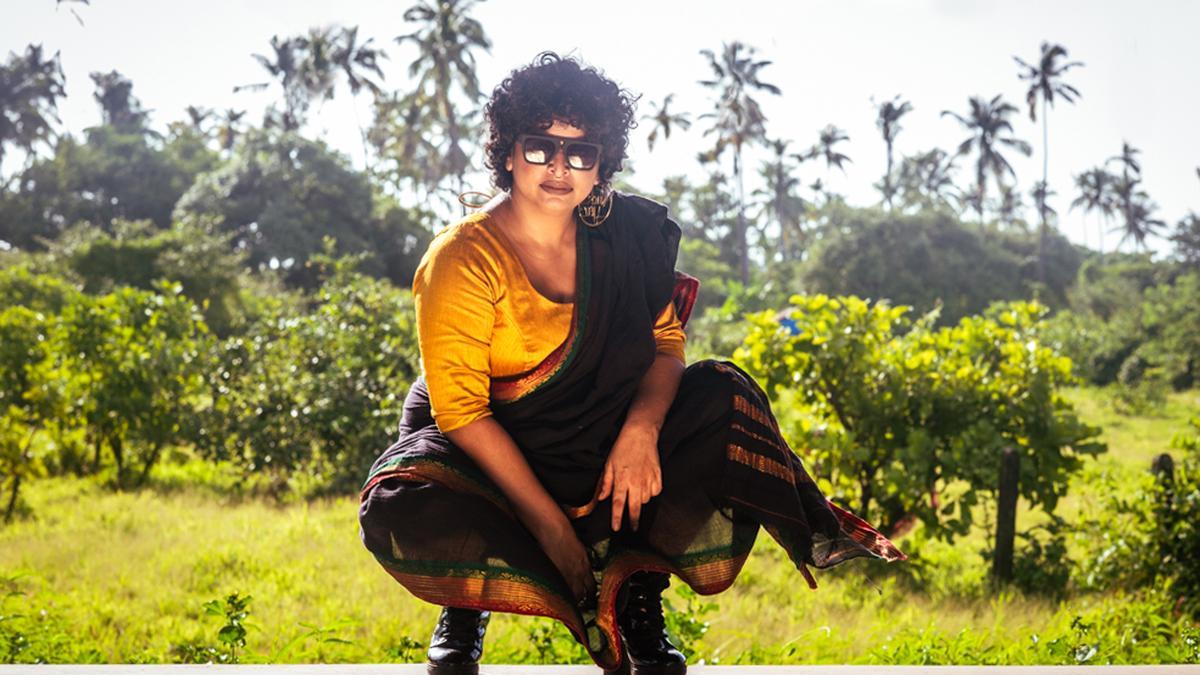
Striking a balance between being light-hearted and heartwarming, ‘Do Aur Do Pyaar’ engages audiences with its poignant exploration of marital complexities and infidelity without falling into moral judgment. Its emotional depth is anchored by the film’s credible lead actors and deft screenplay.
The movie questions whether love alone can keep a relationship afloat without becoming too heavy-handed with its domestic disputes. Even its conclusions seem free from risk yet fitting, as director Shrisha Guha Thakurta skilfully captures the essence of modern, upper-class marriages. Without demonizing or overly sympathizing with the errant partners, ‘Do Aur Do Pyaar’ challenges established marital boundaries with subtlety and insight.
Ani Banerjee, played by Pratik Gandhi, and Kavya, portrayed by Vidya Balan, represent a couple in the stagnating middle phase of their love marriage. Though sharing a bed, their emotional connection has fizzled out, leading them both to seek affection and intimacy elsewhere—Ani with rising actor Nora (Ileana D’Cruz) and Kavya with renowned photographer Vikram (Sendhil Ramamurthy). The film’s turning point arrives as Ani and Kavya inadvertently rekindle their spark, risking the stability of their external relationships.
Drawing on elements from Hrishikesh Mukherjee’s style, the writing team of Amrita Bagchi, Eisha Chopra, and Suprotim Sengupta cleverly weave funeral, family, and festivities into the narrative to highlight the gap between expectations and extramarital endeavors. The film’s script creatively navigates through clichés, allowing for introspection and amusement. From the salty Bombay Sea as a metaphor for eroding partnerships to subtle jabs about laugh lines and veganism, the narrative refrains from becoming stale.
Refreshingly, the characters Nora and Vikram are not mere antagonists but full-fledged individuals. The complexities of Ani and Kavya’s moral positions are presented with nuance, reflecting their responses to life’s challenges. The story avoids overemphasis, allowing viewers to engage with the characters’ situations on a human level. Whether it’s Ani’s sense of loss and confinement after his father’s passing or Kavya’s struggle for validation, the movie remains focused on moments and emotional truth.
The cast breathes life into the screenplay, with Vidya and Pratik impressively leading the charge. Their chemistry and comedic timing elevate the movie, with Vidya particularly shining as she portrays both Kavya’s vulnerabilities and desires. Pratik Gandhi delivers a remarkably relatable performance, perfectly encapsulating the ‘in-betweenness’ of Ani. Sendhil Ramamurthy, reminiscent of Milind Soman, carries the role of the introspective wanderer with aplomb, and Ileana D’Cruz enchantingly bridges the emotional distance between the primary characters.
The film proceeds swiftly, preempting any critique of its characters’ dual lives with a timely and judiciously chosen conclusion. ‘Do Aur Do Pyaar’ is an exhibition of contemporary Indian cinema’s ability to introspectively tackle sensitive subjects with lightness and charm, reflecting the complexities of modern relationships. Now playing in theatres, this Hindi film extends an invitation to witness a tale of love, loss, and the inevitable quest for emotional fulfillment.










